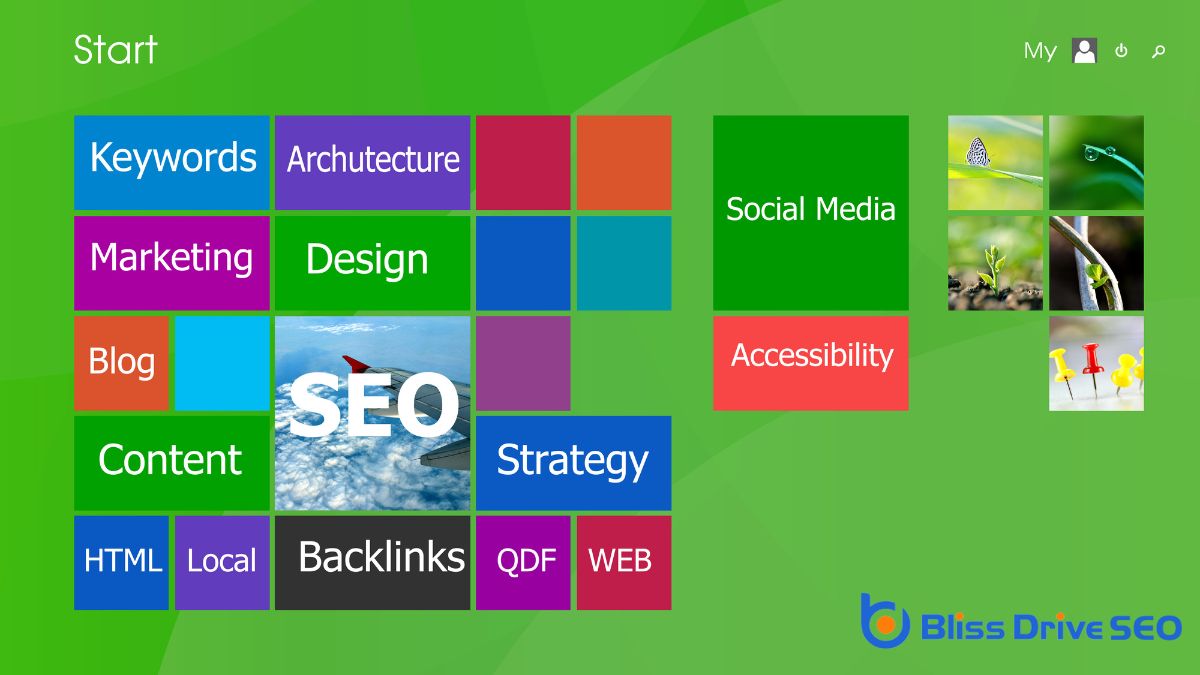Digital Marketing Services
Learn More About Us

You don't need coding skills to succeed in SEO, but they can certainly give you an edge. SEO is about making your website appealing to search engines through strategic keywordsWords or phrases that users type into search engines to find information. and quality content. While having basic HTML, CSS, or JavaScript knowledge can help tweak key elements and troubleshoot site issues, it's not mandatory. Tools and strategies like Google Search ConsoleA tool by Google that helps monitor and maintain your site's presence in search results. and keyword researchThe process of finding and analyzing search terms that people enter into search engines. can enhance optimization without deep coding expertise. Enhancing user experience with responsive designs and fast loading times can also boost your SEO outcomes. For those curious about improving their SEO game, additional insights await.
Understanding the basics of SEO is your first step toward improving your website's visibility. SEO, or Search Engine Optimization, is all about making your website more appealing to search engines like Google. By doing this, you increase the chances of your site appearing higher in search results, which can drive more visitors to your site.
Focus on choosing the right keywords that potential visitors might type into a search engine. These keywords should be naturally integrated into your content, titles, and descriptions to signal relevance to search engines.
You'll also want to pay attention to creating high-quality content. Search engines prioritize content that answers users' questions and provides value. Make sure your content is clear, informative, and engaging.
Additionally, consider the user experience on your site. Is it easy to navigate? Does it load quickly? These factors can impact how search engines view your site.

Exploring the technical aspects of SEO might seem intimidating, especially if you're not a coder, but don't worry—coding isn't always necessary for effective optimization. While having coding skills can certainly give you an advantage, SEO often involves more strategic and creative thinking than technical expertise. Coding comes into play mostly when you're dealing with specific website elements, like improving site speed, ensuring mobile responsiveness, or enhancing the overall user experience.
Understanding basic HTML can be helpful, as it allows you to make simple adjustments to things like title tags, meta descriptions, and header tags. These elements are essential for search engines to understand the content and context of your pages.
Additionally, being familiar with CSS and JavaScript can assist in troubleshooting any issues that might arise with your site's layout or functionality.
However, you can still achieve a lot through user-friendly SEO tools and platforms that don't require extensive coding knowledge. These tools often simplify the process, enabling you to focus on creating quality content and using keywords effectively. Ultimately, your ability to think strategically and understand your audience will play a more significant role in your SEO success than your coding skills alone.
When addressing technical SEO, coding skills can be incredibly beneficial, but they're not mandatory. Understanding the basics of HTML, CSS, and JavaScript can help you identify issues more efficiently and communicate better with developers. You might find yourself needing to adjust meta tagsHTML tags that provide information about a web page to search engines and visitors., enhance page load speeds, or set up redirects. These tasks often require some coding knowledge, but don't worry—you can still manage without being an expert coder.
For instance, you can use tools like Google Search Console and various SEO plugins to handle many technical SEO tasks. These tools often provide user-friendly interfaces that eliminate the need for deep coding knowledge. However, having a grasp of coding can help you make the most of these tools, allowing you to customize solutions more effectively.
If you've got coding skills, addressing issues like schema markup, crawlingThe process by which search engines discover new and updated web pages to index., and indexingThe process of adding web pages into a search engine's database. becomes more straightforward. You can also delve into server-side settings or troubleshoot site architecture problems with greater confidence.
But remember, the ultimate goal is to enhance your site's visibility and performance. Whether you code or not, understanding technical SEO principles will empower you to make informed decisions and improve your site's search engine ranking.
You don't need coding skills to make a significant impact on your site's SEO. There are plenty of no-code strategies you can implement to boost your site's visibility and ranking. Focus on the following areas to enhance your SEO without touching a single line of code:

Harnessing the power of coding skills can greatly enhance your SEO efforts. By understanding even basic coding languages like HTML, CSS, and JavaScript, you can make significant improvements to your website's performance and optimization. With coding knowledge, you can directly edit meta tags, optimize loading times, and improve mobile responsiveness—essential factors that search engines consider when ranking sites.
When you're familiar with HTML, you can easily add structured data to your pages, helping search engines better understand your content. This can leadA potential customer referred by an affiliate who has shown interest in the product or service but h... to rich snippetsEnhanced search results featuring extra information like ratings or images. in search results, increasing your visibility and click-through rates.
JavaScript skills allow you to create interactive and dynamic contentEmail content that changes based on the recipient's preferences or behavior., which can improve user engagementThe level of interaction and involvement users have with social media content. and decrease bounce rates.
Additionally, coding skills enable you to conduct more in-depth technical SEO audits. You can identify and fix crawling issues, redirect errors, or duplicate contentContent that appears on more than one web page, which can negatively impact SEO. problems more efficiently. By writing custom scripts, you can automate repetitive SEO tasks, saving you time and effort.
In a digital world where SEO is vital for visibility and growth, coding skills provide you with a competitive edge. They empower you to take direct actions that improve your site's SEO performance, ensuring better results over time.
You don't need coding skills to excel at SEO, but they definitely enhance your capabilities. Understanding the basics is essential, and while technical SEO can benefit from coding, no-code strategies are also effective. Embrace coding as a tool to boost your SEO efforts and give you an edge. Ultimately, whether you code or not, your focus should be on creating valuable content and optimizing your site for both search engines and users.
